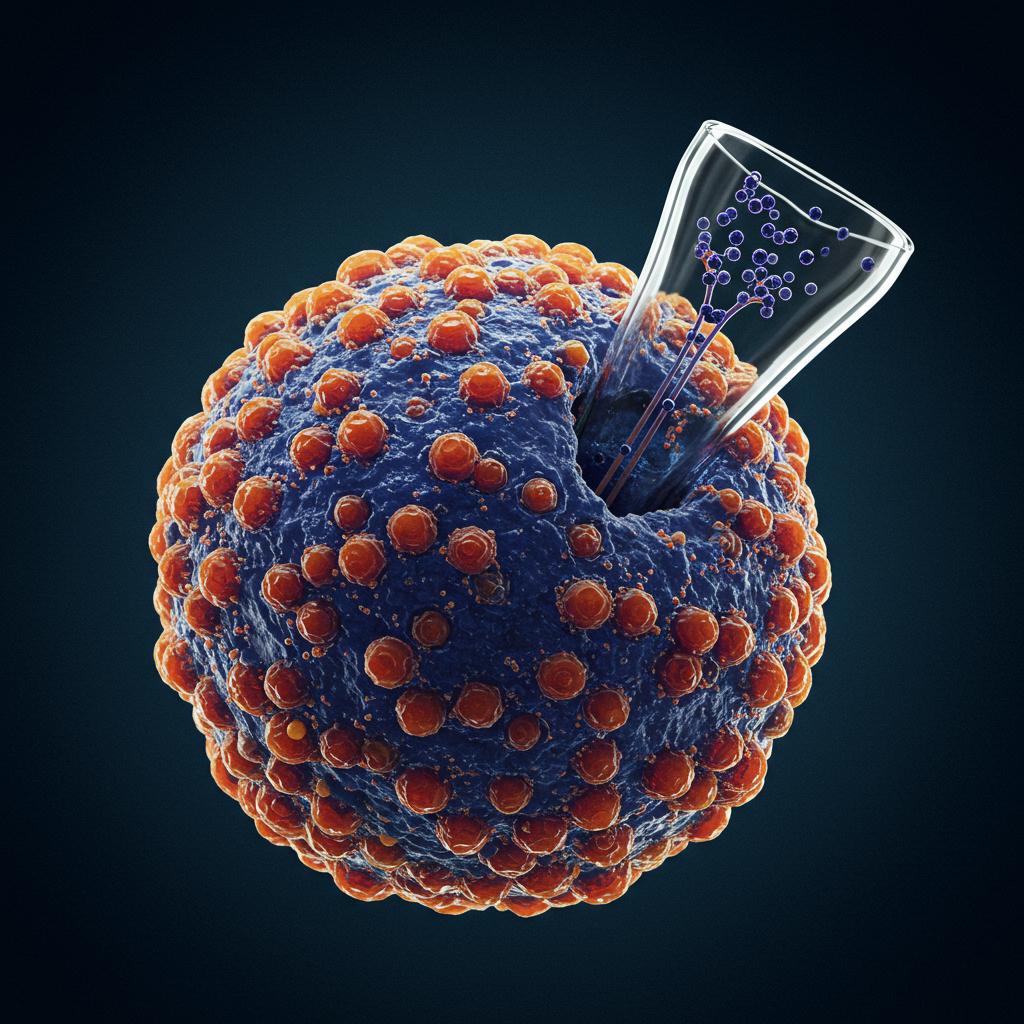
Ever wish your body could just fight off cancer more effectively? Well, that’s the basic idea behind cancer immunotherapy. It’s like giving your immune system a serious upgrade, boosting its ability to recognize and destroy those pesky cancer cells. And in recent decades, it’s been showing some truly remarkable results.
One of the biggest breakthroughs has been something called “immune checkpoint blockade.” Think of it like cutting the brakes on your immune system. Certain checkpoints, like CTLA-4, PD-1, and PD-L1, normally keep your immune response in check so it doesn’t go overboard and attack healthy cells. But sometimes, cancer cells exploit these checkpoints to hide from the immune system. Immune checkpoint blockade drugs release these brakes, allowing your immune system to recognize and attack the cancer cells more effectively. Pretty ingenious, right?
Now, let’s talk about another exciting area in immunotherapy: tumor neoantigens. These are unique markers found only on cancer cells, like little flags saying, “Hey, immune system, over here!” They’re produced in a couple of different ways:
- From tumor viruses: Some viruses can integrate their genetic material into our own DNA, sometimes leading to cancer development. These viral genes can produce unique antigens that mark the cancer cells.
- From mutated proteins: Cancer cells are full of genetic mutations, and these mutations can lead to the production of abnormal proteins – neoantigens. Because these proteins aren’t found in healthy cells, they’re a perfect target for the immune system.
Why are neoantigens so important? Because they are highly specific to the tumor and have strong immunogenicity, meaning they are good at triggering an immune response. This makes them excellent targets for developing personalized cancer vaccines. Imagine a vaccine specifically designed to teach your immune system to recognize and destroy your unique cancer cells. That’s the power of neoantigen-based immunotherapy.
Scientists are actively researching and developing these personalized cancer vaccines, and several clinical trials are already underway for various types of solid tumors. Early results are promising, suggesting that neoantigen vaccines could be a game-changer in the fight against cancer.
Here’s a quick recap of what we’ve covered:
- Immunotherapy enhances the body’s natural anti-tumor response.
- Immune checkpoint blockade “releases the brakes” on the immune system.
- Tumor neoantigens are unique markers found only on cancer cells.
- Neoantigens can be derived from tumor viruses or mutated proteins.
- Neoantigen-based vaccines are showing promise in clinical trials.
While the field of neoantigen-based immunotherapy is still relatively new, it holds immense potential. There are still challenges to overcome, such as identifying and synthesizing these unique neoantigens effectively and ensuring the immune response is strong and long-lasting. However, the progress made so far is incredibly exciting, and it offers a new hope for more effective and personalized cancer treatment in the future. It’s a rapidly evolving field, and we can expect to see more innovative approaches and breakthroughs in the years to come.
